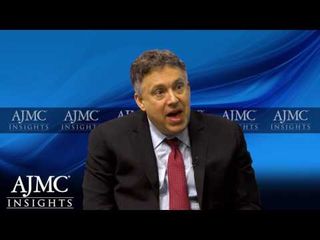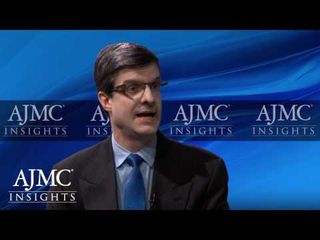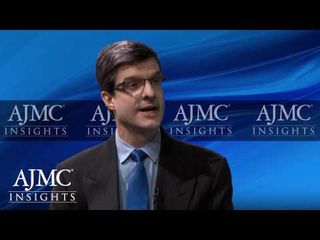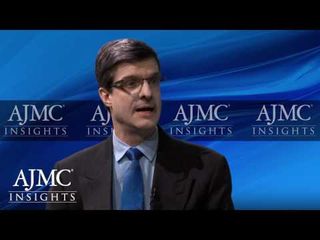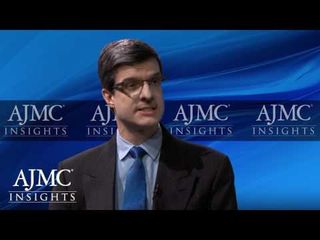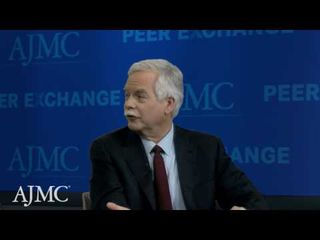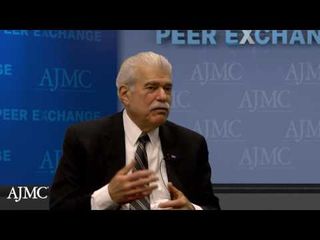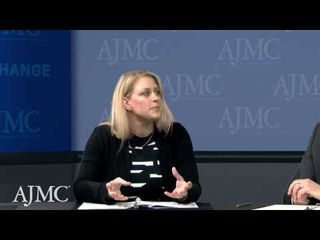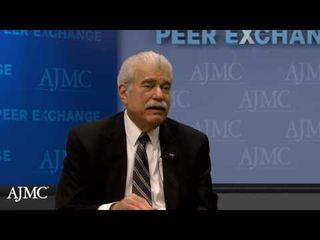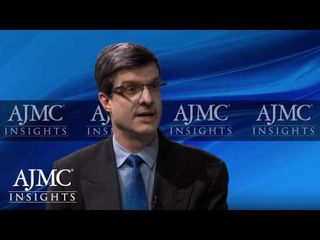
Insurance
Latest News
Latest Videos

More News

Tuesday's Democratic presidential debate, the first of 2 days, included disagreements over the viability of Medicare for All; 3 insulin makers received subpoenas from the New York Attorney General over their pricing practices; US News & Report released its 30th Annual Best Hospitals rankings.

CMS announced changes to make it easier for the consumer to know what they are paying for in healthcare and for physicians to manage chronic conditions.

CMS said it is piloting the integration of Medicare historical claims data into electronic health records to give physicians more information about their patients at the time of an office visit.

This past week saw several pieces of legislation introduced to lower the cost of prescription drug prices. Here are 5 ways patients and providers would be affected by the bills.

Coverage of our peer-reviewed research and news reporting in the healthcare and mainstream press.

A new report from the HHS’ Office of the Inspector General praises 20 high-performing accountable care organizations (ACOs) for the strategies they are using in the shift to value-based care.

President Trump is preparing an executive order that would slash prices on nearly all drugs sold to Medicare; Allergan has recalled certain breast implants following 573 cases of implant-associated anaplastic large cell lymphoma; a study has found 1 in 4 people intend to use antibiotics without a prescription.

Spearheaded by Senate Finance Committee Chairman Chuck Grassley, R-Iowa, and Ranking Member Ron Wyden, D-Oregon, the bipartisan bill would lower out-of-pocket (OOP) costs for Medicare and Medicaid beneficiaries and save the government billions.

The bill would reduce prices up to 75% based on anticipated 2020 levels, according to Senator Jeanne Shaheen, D-NH, the lead sponsor.
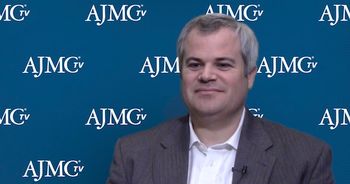
Depending on how ready accountable care organizations (ACOs) are to move to risk probably affects how they view CMS’ decision to transition the Medicare Shared Savings Program (MSSP) to Pathways to Success, said Travis Broome, vice president of policy at Aledade.

As the fate of the Affordable Care Act (ACA) remains uncertain, 21 million people are at risk of losing their health insurance. In addition to large coverage gains as a result of the ACA, the law resulted in various other sweeping changes to the US healthcare system. Here are 5 things that would be impacted if the ACA is overturned.

Two reports from the Office of Inspector General (OIG) in HHS have identified deficiencies in the quality of care at hospices and the harm done to beneficiaries as a result of poor care or cases of abuse.

The Federal Communications Commission has proposed the 3-year, $100 million program to bring telehealth to low-income patients, veterans, and areas lacking access to adequate healthcare; use of opioids in Medicare Part D declined in 2018 as use of medication-assisted treatment increased; a House committee held a hearing on identifying, preventing, and treating childhood trauma as a public health issue.

US District Court Judge Amit P. Mehta has ruled that HHS does not have the authority to require drug manufacturers to list the prices of their drugs in television ads.

Every week, The American Journal of Managed Care® recaps the top managed care news of the week, and you can now listen to it on our podcast, Managed Care Cast.

Changes to Medigap as part of the Medicare Access and CHIP Reauthorization Act go into action beginning next year.

Some generic drugs may actually cost Medicare Part D beneficiaries more out-of-pocket than brand-name drugs because brand-name manufacturers can offer discounts that generic drug makers cannot pay.
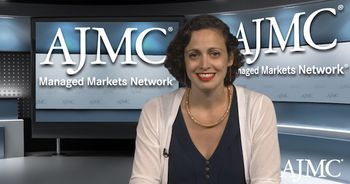
This week, we recap the top managed care news from the first half of 2019, including outcomes from some of the biggest diabetes trials, research into the annual Medicare wellness visit, and an experimental treatment in Parkinson disease.

Leaders of the Senate Finance Committee have discussed a deal to limit drug prices in Medicare; Louisiana Governor John Bel Edwards will annouce a "Netflix model" deal with Aseuga Therapeutics that will increase access to an effective Hepatitis C drug, AbbVie has annouced a $63 billion transaction agreement to acquire Allergan.

Since 2007, the number of enrollees without low-income subsidies who had spending above the catastrophic threshold has more than doubled, reaching 1 million enrollees in 2015, 2016, and 2017.

Looking Ahead at Alzheimer, Dementia Growth Trajectory, States Try to Plan Now for Future Care Needs
With the expected surge of aging Americans over the next few decades, states are trying to prepare for a wave of Alzheimer disease and dementia, which carries with it an enormous societal burden, extracting a toll on families and caregivers, and impacts state Medicaid budgets. In response, nearly every state is turning to Alzheimer action plans to try to cope with what is coming in the years ahead.

Value-based care has been a big prerogative of CMS for the last decade, and it's not going away, Brian Kern, a lawyer with Frier Levitt, told Amy Ellis, director of quality and value-based care at Northwest Medical Specialties.

Medicare Shared Savings Program (MSSP) accountable care organizations (ACOs) cover more than 32 million lives and have been found to save money and improve quality in past research, but a new study in Annals of Internal Medicine is calling their success into question.

Differences in cancer care spending and utilization between Medicare beneficiaries receiving chemotherapy in hospital outpatient departments versus physician offices vary by service type.

Results were presented recently at the 79th Scientific Sessions of the American Diabetes Association.





